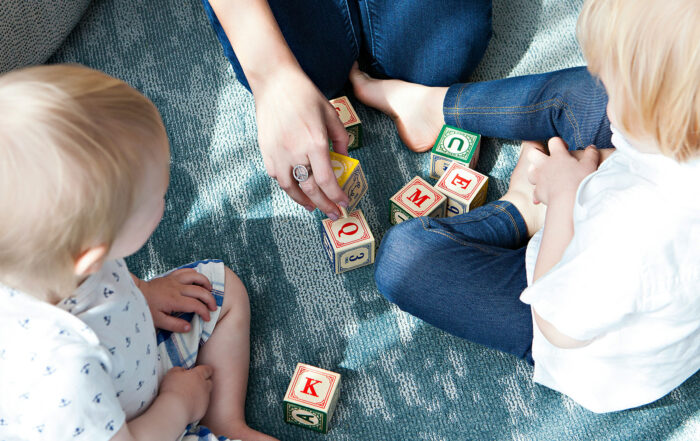
By Yann Quidé, Leonardo Tozzi, Mark Corcoran, Dara M Cannon, Maria R Dauvermann
Childhood trauma (CT) has been repeatedly linked to earlier onset and greater severity of bipolar disorder (BD) in adulthood. However, such knowledge is mostly based on retrospective and cross-sectional studies in adults with BD. The first objective of this selective review is to characterize the short-term effects of CT in the development of BD by focusing on studies in young people. The second objective is to describe the longer-term consequences of CT by considering studies with adult participants. This review first outlines the most prominent hypotheses linking CT exposure and the onset of BD.
Share This Post!
How Childhood Abuse Changes the Brain
By Leonard Holmes Studies have demonstrated over and over that childhood abuse and neglect results in permanent changes to the developing human brain. These changes in brain structure appear to be significant [...]
Traumatic Experiences Widespread Among U.S. Youth
By the Robert Wood Johnson Foundation Princeton, N.J.—New national data show that at least 38 percent of children in every state have had at least one Adverse Childhood Experience or ACE, such [...]
Childhood Trauma May Shorten Life By 20 Years
By Joseph Brownstein While it may not come as a surprise that survivors of childhood traumas have more difficult lives, a new study says that those children can also expect their [...]
Treating Child Abuse Trauma With EMDR
By Deborah R. Huso EMDR has been successful in treating trauma from childhood abuse in victims and survivors young and old. With more than 3 million instances of child abuse reported [...]
Cardboard Treasure Box
by Shawn Alex Nemeth In a single night, the twisted culmination of all my childhood fears was magnified tenfold when I heard the blood-curdling screams of my mother and sister end with [...]






